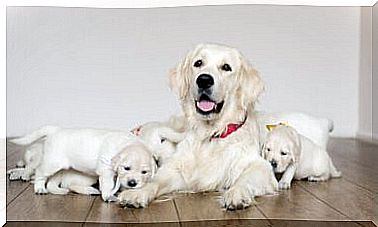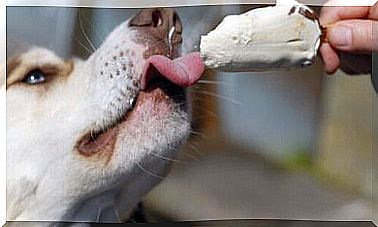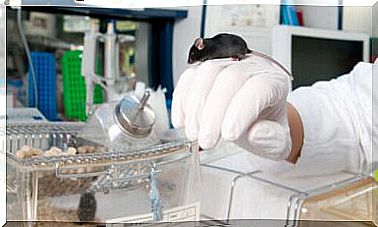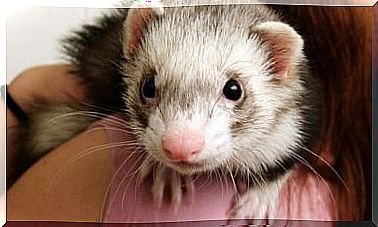Veterinary Neonatology: What Is This?

Veterinary neonatology takes care of the mother and observes the behavior of the offspring in order to reduce newborn mortality.
As in the birth of human children, veterinary neonatology takes care of the animals’ offspring. In the first days of their lives, this medical specialty deals with basic care.
A newborn puppy requires specific attention for its survival. The neonatology is in charge of caring for the first fifteen days of the puppy’s life.
In addition, it also takes care of the mother and observes the behavior of the litter in order to reduce mortality.
What are the functions of veterinary neonatology?
- The observation. Observing is the first function that an expert in this area fulfills. Not all puppies behave the same, despite having the same instincts.
A puppy’s independence process takes approximately one month. Fourteen days after birth, they begin to open their eyes and develop their hearing.

In the third week, they start taking their first steps and following their mother. They also copy all their actions and learn from her.
The mother’s behavior decisively influences the pups’ condition. A nervous mother can transmit her nervousness to her puppies. This condition can also be a symptom of a problem with the newborn.
- Weight and size control. There are universal measures that indicate the regular growth of animals. The specialist will control these factors so that the development of the puppies is normal.
The neonatologist controls the weight to ensure that the animal develops according to its breed. Newborns should double their weight within two weeks of birth.
Otherwise, it is important to assess nutrition, frequency and hydration. It is possible that the puppy has problems with the reflux of milk. Besides, it’s possible that his siblings don’t leave space for him to eat.
hygiene and space
- Among the care offered by veterinary neonatology is the hygiene of the puppy. This includes cleaning up the stool and the area where it stays.
It is important to keep puppies in clean areas to avoid infection and illness. Regarding the puppy’s hygiene, the mother is the first to take charge of this task. If the mother is not present, the puppy can be cleaned with a damp cloth and very gently.
- Where puppies are kept at this early stage of life is very important. It shouldn’t be too humid to avoid flu or colds. However, it also can’t be so dry, so they don’t get dehydrated.

The ideal temperature for the place where the newborns are is between 27 and 32 ºC. This ensures a body temperature in puppies of 34 to 36 °C. Another important aspect is that they are in a ventilated place to avoid premature infections.
Diseases that veterinary neonatology prevents
- Neonatal hypoxia. It happens when the puppy sucks amniotic fluid during delivery. May cause respiratory tract collapse.
One form of prevention is assistance to the mother during childbirth.
If a case of hypoxia occurs, the neonatologist is responsible for cleaning the puppy’s airway. Using a syringe, he aspirates the pharynx and larynx area.
- Puppy hypothermia. It often occurs in small litters, in which the puppies cannot generate heat with each other.
To retrieve the newborn, he is placed under a thermal blanket. We can also tuck you in between two hot water bottles. Recovery of body temperature must be progressive. Otherwise, we can give the puppy a violent heat shock.
- Dehydration. This problem can be generated by a very dry environment. It can also happen if the puppy is not feeding properly.
The most effective way to identify dehydration is through weight. Depending on the breed, a puppy should gain two to three pounds a day. In case of acute dehydration, the specialist should feed him with milk supplements or sugar water.
- Hypoglycemia (or low blood glucose). Symptoms are weakness, dizziness, shortness of breath, among others.
The main cause could be a problem in the mother. Low milk production, mastitis, stress. To quickly recover the newborn, it is necessary to start supplementary feeding.
There are other illnesses that can be inherited from the mother. Most of them are related to vitamin and nutrient deficiencies, as well as bacterial infections.









